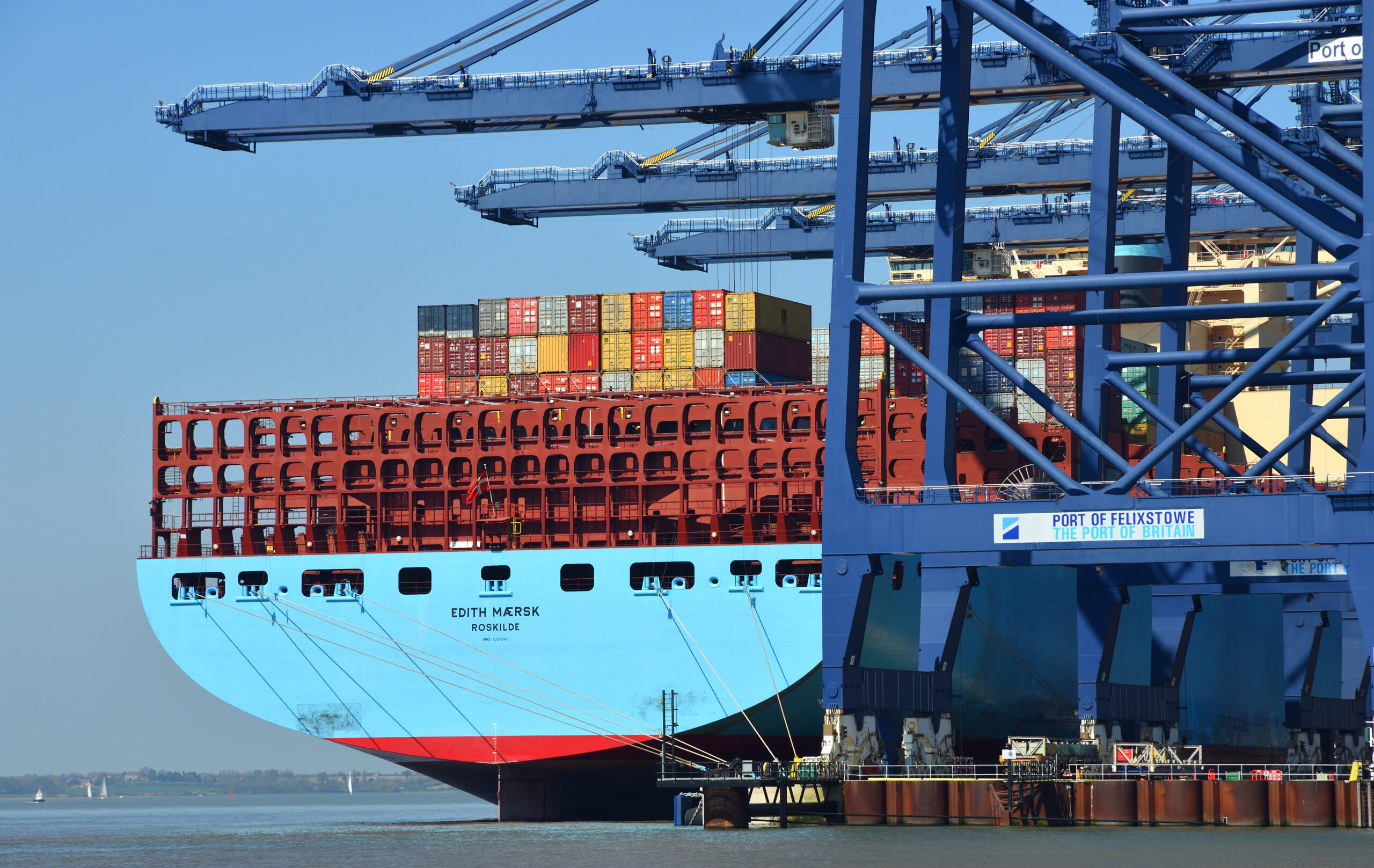Last week marked the inaugural meeting of the TwinShip project in Brussels, an international consortium of technology firms, shipping companies, classification societies, and research organisations, led by the Valenciaport Foundation.
TwinShip, the full title of which is: ‘Integrated Digital Twin Framework to Enable Green Ship Operations Towards Zero Emission Vessels’, is developing an open-source digital platform that will use AI and machine learning to optimise maritime operations. By using clean technologies and unmanned vessels, the project aims to reduce greenhouse gas (GHG) emissions by 30-40% by 2030 and achieve zero emissions by 2045.
The digital twins developed by TwinShip will serve as an advanced decision support system, enabling shipping companies to navigate a rapidly evolving compliance landscape while optimising the use of emissions-reduction technologies and zero-emission fuels. This system will integrate both existing and emerging fuel technologies to ensure that fleet operators have access to reliable data to inform investment decisions.
TwinShip aims to resolve some of the uncertainty surrounding the performance and cost-effectiveness of zero-emission asset investments, whether for new or retrofitted vessels, to facilitate alternative fuels and energy efficiency solutions. This will be achieved by yielding accurate and validated efficiency data generated by real-world modelling and pilot vessel demonstrations.
The project has received nearly €10 million in EU funding as part of the Horizon Europe Programme and brings together 18 shipping stakeholders, including ABS, Grimaldi Group, Stena Line, the University of Tromsø, and Wärtsilä.
The TwinShip project aims to revolutionise the maritime sector through the adoption of AI-driven analytics and autonomous vessel innovations. The consortium will be working to improve access to reliable data for cost, performance, and emissions, and as a result de-risk investment decisions in alternative fuels and emissions-reduction technologies.
The Valenciaport Foundation, a research and innovation centre established by the Port Authority of Valencia, will play an important role in identifying the requirements of the decision support system (DSS) and integrating the digital twins of the ship and the port. This integration will ensure that the connection between the two digital twins is maintained, allowing for the collection of data for dissemination and validation.
Anders Öster, General Manager, Research Coordination & Funding, Wärtsilä Marine, commented on the initiative: ‘Industry collaboration is essential if the shipping industry is to meet its emissions reduction goals, and this TwinShip project is an extremely important initiative that we at Wärtsilä are keen to support. By working together under the project’s cooperative umbrella we can make a real contribution to a decarbonised future.’



